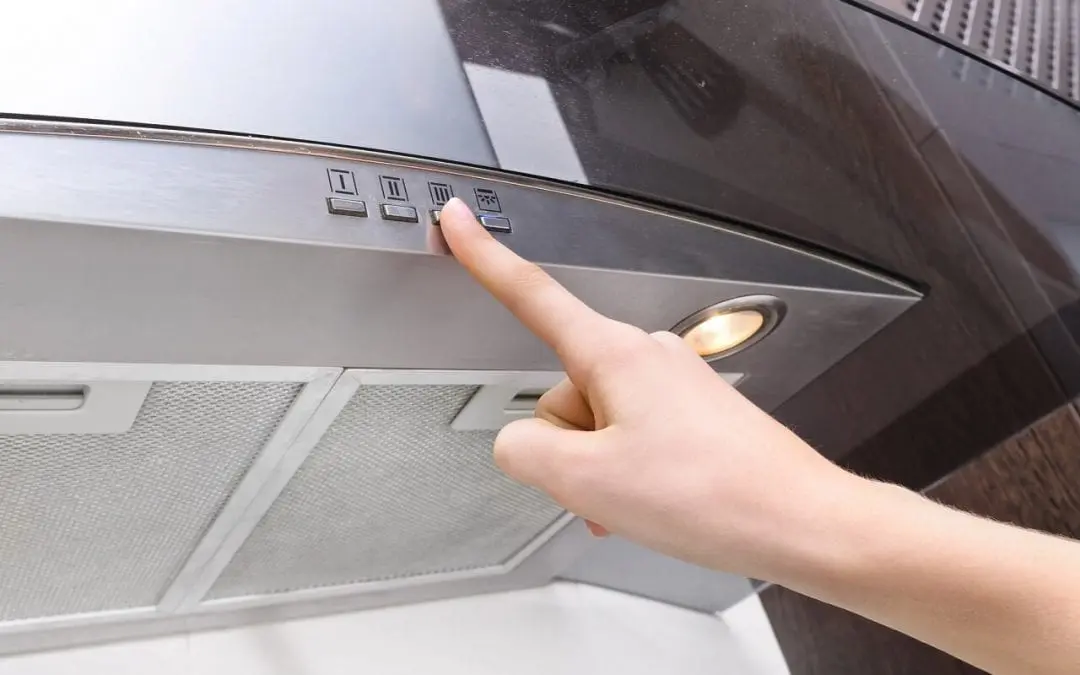Indoor air quality may be more of a concern in winter because you spend more time inside and your house stays closed up. Common environmental and chemical air pollutants can build up inside the home and make the indoor air unhealthy to breathe. Here are 5 ways that you can take action to improve indoor air quality.
Prevent and Eliminate Mold to Improve Indoor Air Quality
Mold spores in the air are detrimental to indoor air quality. Breathing mold spores causes problems with the eyes, nose, throat, and lungs. Toxic mold can even cause irreversible neurological damage after prolonged exposure. Preventing and eliminating mold is critical for air quality. Keep humidity levels under 50% to discourage mold from growing. If you see or smell signs of mold, bring in a professional for testing. Use caution when removing mold because it can be dangerous.
Use an Air Purifier
Air purifying machines are a must for homeowners who are concerned with indoor air quality. They pull in air, filter out contaminants, and then deposit clean air back into the room. Air purifiers that contain HEPA filters are the most effective types. They remove 99.97% of all particles that are .3 microns or larger.
Radon Can Contaminate Indoor Air
The scariest thing about radon is that it is invisible and odorless. You would never know that there is a build-up of this dangerous gas in your home without testing. Every home should be tested for radon to make sure the indoor air is safe. Radon causes lung cancer in otherwise healthy individuals. It is the second-most common cause of lung cancer after smoking cigarettes. Get your home professionally tested and mitigate levels that are at or over 4 pCi/L.
Use Ventilation Fans
Turning on ventilation fans in the kitchen and bathroom is an easy way to improve indoor air quality. Showering and cooking raise humidity and ventilation fans direct moist air outdoors. Cooking also introduces smoke, carbon monoxide, and other toxins to the air. Make sure your fans ventilate through the attic and to the outdoors instead of just depositing the exhaust in the attic.
Clean Often to Improve Indoor Air Quality
One of the most common indoor air pollutants is household dust. Dust on surfaces ends up floating around in the air. It causes allergies and respiratory problems. Laundering linens and drapes, dusting surfaces, and cleaning floors will help improve indoor air quality.
Home Support Property Inspections provides home inspection services, including radon and mold testing, to Maryland and DC. Contact us to request an appointment.

